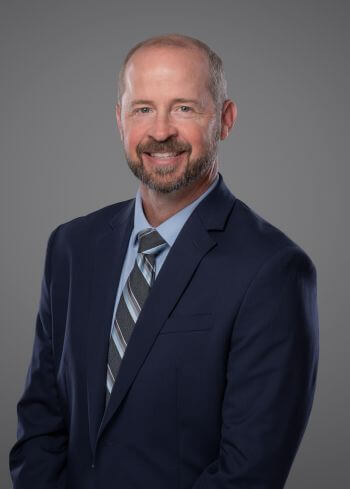What Happens at a Social Security Disability Hearing?
A Social Security Disability Hearing is a crucial step in the appeals process if your initial application and appeal (Request for Reconsideration) for Social Security Disability benefits was denied. It is an opportunity for you to present your case before an Administrative Law Judge (ALJ) and provide additional evidence to support your claim for disability benefits. Here's a more detailed breakdown of what you can expect during the hearing:
1. Hearing Venue and Participants
- The hearing usually takes place via phone, video, or in person in a small meeting room. Since the middle of 2020 (COVID), the Social Security Administration has conducted most hearings either by phone or video (Microsoft Teams). In 2023, in-person hearings started again. Unfortunately, if you want an in-person hearing, it will likely take longer to get one scheduled. Even with in-person hearings starting again, it is likely SSA will continue the option of phone and video hearings for the foreseeable future.
- The participants will include yourself (claimant), your attorney or representative, the ALJ, a hearing assistant (who records the proceedings), and a vocational expert who will provide testimony during the hearing. On rare occasions, a medical expert may also testify.
2. Testimony and Questioning
- You, as the claimant, will be sworn in, and your attorney or representative may make an opening statement about your case.
- You will have the opportunity to testify about your medical condition, impairments, and how they affect your daily life and ability to work.
- The ALJ will ask you questions about your medical history, treatment, and any attempts you may have made to return to work.
- Your attorney or representative may also question you to elicit additional information that supports your claim.
3. Witness Testimony
- If you have witnesses who can provide relevant information about your disability or limitations, such as family members, friends, or coworkers, they may also testify.
- Witnesses will be asked questions by both the ALJ and your representative if you have one.
- It is rare to have witness testimony. The majority of the time, you, as the claimant, will be the only one to testify besides the vocational expert.
4. Vocational Expert Testimony
- In most cases, the ALJ will call a vocational expert to testify about job availability, your ability to perform other types of work, and the impact of your disabilities on your employability.
- Your New Mexico Social Security Disability Benefits attorney or representative may also question the vocational expert to ensure a clear understanding of the testimony provided.
5. Formality and Informality
- Social Security Disability Hearings are less formal than court trials, but it's essential to treat the process respectfully and truthfully.
- ALJs are experienced professionals who understand the challenges faced by disability claimants and aim to create a fair and supportive atmosphere.
- It's important to keep in mind that ALJ’s make decisions on Social Security disability cases for a living. These are the only types of cases they handle, and they have a very heavy workload. On the day of the hearing, it is likely the ALJ has four or five other hearings besides yours.
6. Hearing Duration and Decision
- Hearings can vary in length but typically last around an hour.
- After the hearing, the ALJ will review all the evidence presented and consider your testimony, medical records, and expert testimony before making a decision.
- The ALJ will not likely tell you the decision at the hearing. It typically will take a couple of months after the hearing to get the ALJ’s written decision in the mail. This length of time can vary dramatically depending on the ALJ and how backup up they are. This decision will explain whether your disability claim has been approved or denied and the reasons behind the decision.
Contact Our New Mexico Social Security Disability Attorney Today to Get the Guidance You Need
Remember that each Social Security Disability Hearing is unique, and the specific procedures may differ based on your location and the ALJ overseeing the case. Being well-prepared and honest about your medical condition and limitations is essential to give yourself the best chance of a favorable outcome. If you're unsure about anything during the process, seeking guidance from a New Mexico Social Security Disability Benefits attorney or representative can be beneficial.





